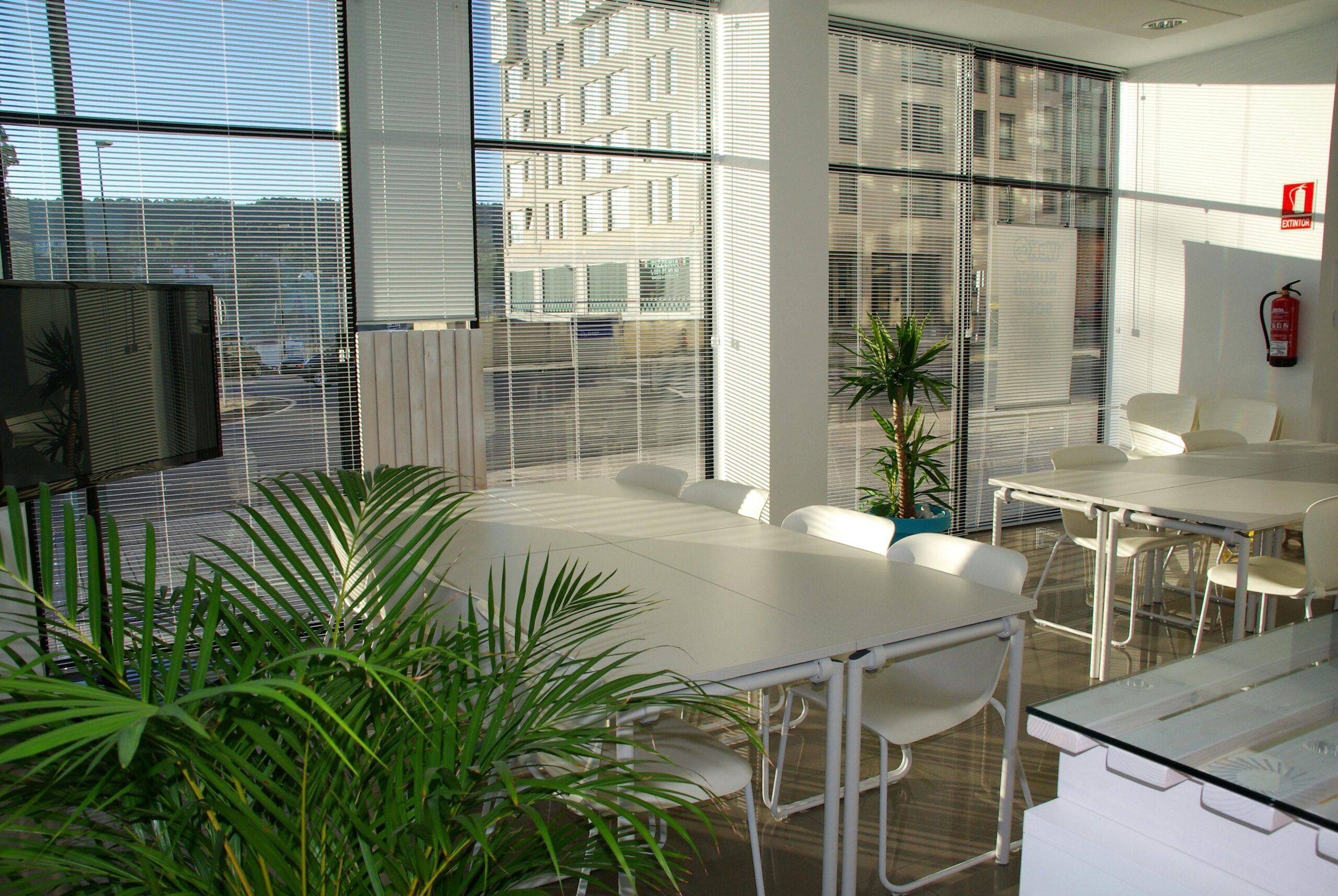As Europe continues to champion social equity and inclusion in 2025, leaders across the EU gathered virtually today to reflect on the commitments made during the 2017 Informal Meeting of Ministers for Employment, Social Affairs, Family, and Gender Equality. This historic meeting, held in Tallinn under Estonia’s Presidency of the Council of the European Union, remains a pivotal moment in the EU’s pursuit of gender equality and social reforms.
A Declaration That Resonates Toda
The 2017 meeting was a hallmark event that underscored the EU’s commitment to advancing equal opportunities across its member states. At its heart was the signing of the joint trio declaration on gender equality, which aimed to foster collaboration in addressing persistent gender disparities. Key focus areas included improving women’s access to the labor market, enhancing parental leave policies, and addressing gender-based violence.
Reflecting on the declaration, EU Commissioner for Equality Helena Dalli highlighted its long-term impact: “The 2017 declaration laid the groundwork for many of today’s achievements in gender equality. It emphasized that progress is not just a matter of policy but a shared societal effort. While we have made strides, we must continue to build on this foundation to create an equitable future for all.”
The meeting also introduced discussions on innovative approaches to gender equity, such as integrating gender mainstreaming into policymaking and creating mechanisms to monitor progress.
Key Achievements Since 2017
In the eight years since the Tallinn meeting, the EU has made considerable progress in several areas inspired by the discussions and commitments made during the event:
1. Work-Life Balance Initiatives
The Work-Life Balance Directive, adopted in 2019, was a direct outcome of the momentum generated in 2017. This directive ensures equitable parental leave, strengthens rights for carers, and promotes flexible working arrangements. These changes have helped address the unequal burden of care traditionally borne by women.
2. Gender Pay Gap Reduction
Efforts to close the gender pay gap have intensified, with transparency laws now requiring companies to disclose salary structures. This has led to greater accountability and awareness, narrowing the pay gap in many member states. Countries such as Spain and Sweden have seen marked improvements in wage equality as a result.
3. Women in Leadership
Gender quotas introduced across the EU have successfully increased women’s representation in corporate boards and political offices. The European Women on Boards initiative, backed by the EU, reported in 2024 that women now hold 34% of leadership roles in the private sector, up from just 22% in 2017.
4. Tackling Gender-Based Violence
The Istanbul Convention, an international treaty to combat violence against women, gained renewed support following the 2017 meeting. EU-wide campaigns have since focused on raising awareness, improving victim support services, and holding perpetrators accountable.
Challenges and the Road Ahead
While the EU has made commendable progress, challenges remain. The economic fallout from the COVID-19 pandemic disproportionately affected women, who faced higher unemployment rates and increased caregiving responsibilities during lockdowns. Rural and underserved communities also continue to experience significant gaps in accessing equitable opportunities.
In addition, backlash against gender equality efforts has emerged in some regions, with resistance to policies perceived as disruptive to traditional social structures. These challenges highlight the need for sustained advocacy and collaboration to ensure that gender equality remains a central priority.
“The 2017 meeting in Tallinn was a reminder that achieving equality is not a sprint but a marathon,” remarked Estonian Prime Minister Kaja Kallas, who hosted the event as a minister. “We must double our efforts to ensure the progress we’ve made is not only preserved but expanded.”
A Legacy of Unity and Progress
The 2017 meeting’s iconic moments, including the family photo of ministers united in their mission, symbolized the EU’s collective commitment to social justice. These images remain a source of inspiration for today’s leaders as they revisit the principles set forth in Tallinn.
The legacy of the Tallinn meeting extends beyond its symbolic value. It served as a catalyst for many of the EU’s flagship initiatives on gender equality. From legal frameworks to cultural shifts, the decisions made in 2017 have had a lasting impact on millions of lives across Europe.
As the EU sets its priorities for 2030, the values of inclusivity and equality championed in Tallinn remain central to its vision. The joint declaration signed eight years ago is a reminder that achieving equality requires not just policy change but societal transformation.






